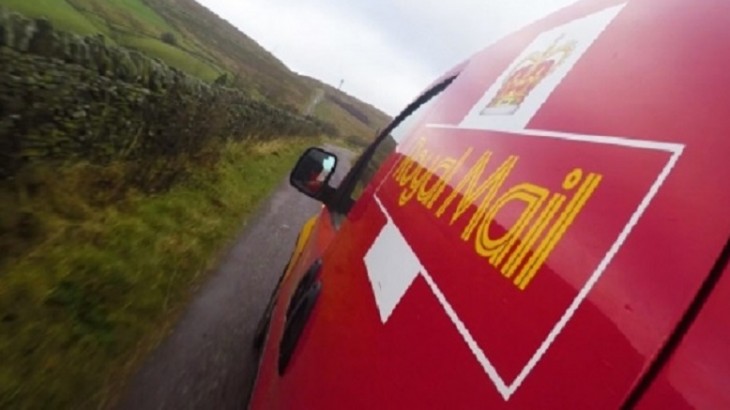Don’t drink and drive!

As part of this week’s Group-wide focus on road safety we are raising awareness of the serious impairing effects of alcohol and drugs on our ability to drive safely.
The campaign will focus specifically on the morning after effects of drinking, and the effects of drugs - including prescription medication and over-the-counter products.
Avoid it! – The morning after effects
Early morning drivers are especially vulnerable to being over the legal limit the morning after drinking, risking their own safety as well as the safety of other road users and pedestrians.
Never drink the night before an early start. Many people drive the morning after they have consumed alcohol, believing they are perfectly capable of driving in a safe and legal manner, but this is not always the case.
Many drink drivers are caught the morning after they have been drinking. As it takes several hours for alcohol to disappear from the body, someone who was drinking late the previous evening, could easily still be over the limit on their way to work the following morning.
Know it! - Guidance on alcohol consumption
How alcohol is absorbed into our bloodstream can vary from person to person, and depends on a number of factors, such as age, weight, gender, body size and what someone may or may not have eaten.
Remember, if a driver is found to be over the drink-drive limit, and/or driving while impaired by alcohol, they can receive a maximum penalty of six months in prison, an unlimited fine and an automatic driving ban of at least one year.
If a driver kills someone while under the influence of alcohol, they can be charged with causing death by careless driving while under the influence of drink or drugs, a crime which carries a maximum penalty of 14 years in prison and an unlimited fine.
Check it! – Drugs and driving
It's illegal to drive if unfit to do so because you're on legal or illegal drugs or you have certain levels of drugs or medicine in your blood.
Never drive if you have taken illegal drugs. Royal Mail has a zero-tolerance policy on drug abuse.
A new drug-drive law came into force in England and Wales in March 2015 making it an offence to drive, to attempt to drive, or be in charge of a motor vehicle with certain drugs in your blood above a specified limit. This applies to illegal drugs, prescribed medicines and over-the-counter medicines.
Many prescription and over-the-counter medications can impair your ability to drive safely by causing drowsiness, and affecting your reaction times, coordination, concentration and vision. These include some hayfever treatments, decongestants and cough medicines. If you're unsure about any side effects of your medication, seek advice from either your GP or a pharmacist.



